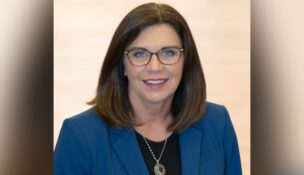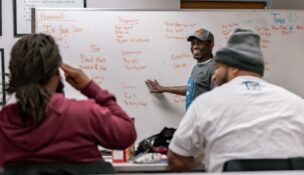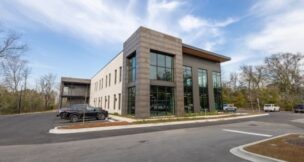The Citadel, CofC among 5 institutions at ocean health center
Staff Report //January 22, 2019//
 The Citadel and the College of Charleston are among five universities studying the effects of ocean health and climate change at a new multi-academic institution center to be headquartered at the University of South Carolina’s Arnold School of Public Health.
The Citadel and the College of Charleston are among five universities studying the effects of ocean health and climate change at a new multi-academic institution center to be headquartered at the University of South Carolina’s Arnold School of Public Health.
The Center for Oceans and Human Health and Climate Change Interactions is funded by a $5.7 million grant from the National Institute of Environmental Health Sciences received in the fall. Baylor University and the University of Maryland Center for Environmental Science also are part of the center.
The center will be led by Geoffrey Scott, clinical professor and chair of the University of South Carolina’s environmental health sciences department, and its deputy director will be Paul Sandifer, director of the Center for Coastal Environmental and Human Health at CofC.
The center’s main purpose will be to assess the effects of illness and disease in ocean health, then develop prevention strategies, including forecasts that prevent human exposure, according to a news release. In particular, scientists hope to look at climate change-related factors that might enhance the presence of disease-causing bacteria and harmful algal blooms that produce toxins that are harmful to fish, marine animals and humans.
Researchers and environmental public health practitioners from the National Oceanic and Atmospheric Administration, the U.S. Geological Survey, the Interstate Shellfish Sanitation Conference and the Lowcountry Alliance for Model Communities also will work with the center.
“With coastal populations ever-increasing, the need for science to focus its attention toward mitigating and preventing the potential impacts of climate change on the health of its most-vulnerable citizens has never been greater,” said Darin Zimmerman, dean and Traubert Chair for the Swain Family School of Science and Mathematics at The Citadel, in the release. “Tackling the complex problems that exist at the nexus of the climate-ocean-health … requires the kind of collaborative, multi-disciplinary team of experts that will compose this center.”
















